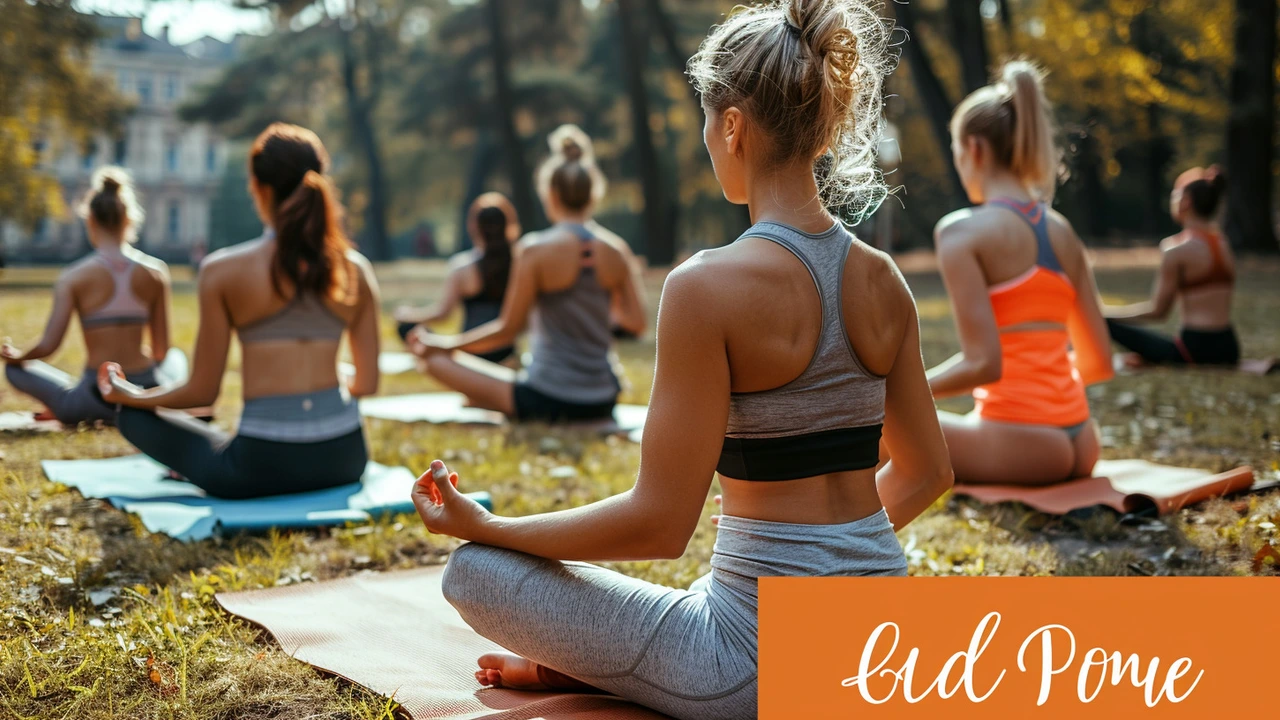Combating Health Anxiety Through Regular Exercise: A Comprehensive Guide

The Psychological Benefits of Exercise on Health Anxiety
In navigating the complexities of health anxiety, countless individuals have found solace in the arms of regular exercise - a simple yet profoundly effective remedy. The connection between physical activity and mental health is well-documented, presenting exercise as a key player in the battle against anxiety. Its immediate impact on boosting mood through the release of endorphins, often referred to as 'feel-good hormones,' provides an instant lift to one's spirits.
But the magic doesn't stop there. Beyond the immediate mood elevation, engaging in regular physical activity fosters a deeper sense of control over one's body, which is particularly empowering for those grappling with health anxiety. This sense of agency is a critical piece in shifting the narrative from one of vulnerability to strength. Moreover, exercise serves as a distraction, offering a break from the incessant worry cycle that characterizes health anxiety. By focusing on movement, one momentarily steps away from the mental chatter, allowing for moments of peace and clarity.
Untangling the Science: How Exercise Impacts Anxiety
Peering into the mechanics of how exercise mitigates anxiety uncovers a fascinating interplay of biological and psychological processes. At its core, physical activity triggers a cascade of neurochemical changes. As aforementioned, endorphins play a vital role, but they're just part of the picture. Exercise also stimulates the production of neurotransmitters like serotonin and dopamine, which are pivotal in regulating mood and anxiety levels.
"Engaging in regular physical activity can reduce levels of the body's stress hormones, such as adrenaline and cortisol," explains a study from the American Psychological Association.
This hormonal balance is crucial in maintaining a state of mental calmness and resilience, laying the groundwork for managing health anxiety effectively.
Finding Your Fit: Tailoring Exercise to Your Lifestyle
Knowing the myriad benefits of exercise is one thing; incorporating it into your life is another. Herein lies the beauty of physical activity - its versatility. Whether it's a brisk walk in the park, a vigorous hike, joining a dance class, or practicing yoga, the key is to find an activity that you genuinely enjoy. The goal is to make exercise a sustainable and enjoyable part of your routine, rather than a chore.
Starting small can make a big difference. Setting realistic goals, such as a 10-minute walk each day, and progressively increasing duration or intensity, helps build a habit without feeling overwhelmed. It's also helpful to mix things up to keep the excitement alive; variety is not just the spice of life but of exercise too. And remember, consistency over intensity; the aim is to maintain an active lifestyle that supports both physical and mental health.
Creating a Supportive Environment for Success
Embarking on this journey need not be a solitary endeavor. Creating a supportive environment by involving friends or family members in your fitness goals can significantly enhance motivation and enjoyment. Additionally, leveraging technology through fitness apps or virtual classes can provide structure and community, making the exercise journey more engaging and less intimidating.
Setting clear, achievable goals and celebrating milestones, no matter how small, reinforces the positive association with exercise. Moreover, being kind to oneself along the way, recognizing that setbacks are part of the process, and focusing on progress rather than perfection, are essential mindset shifts that support lifelong habits.
Bringing It All Together: Exercise as a Pillar of Mental Wellness
Addressing health anxiety through exercise is more than just about physical health; it's about reclaiming one's life from the clutches of fear and uncertainty. The journey is as much about building resilience, fostering self-efficacy, and finding joy in movement as it is about combating anxiety. It's a holistic approach that recognizes the intricate interplay between body and mind.
With the knowledge and strategies outlined above, individuals dealing with health anxiety have a powerful toolkit at their disposal. It's not about seeking a quick fix but embracing a lifestyle change that brings lasting benefits. The road to managing health anxiety through exercise is one of empowerment, discovery, and most importantly, hope.